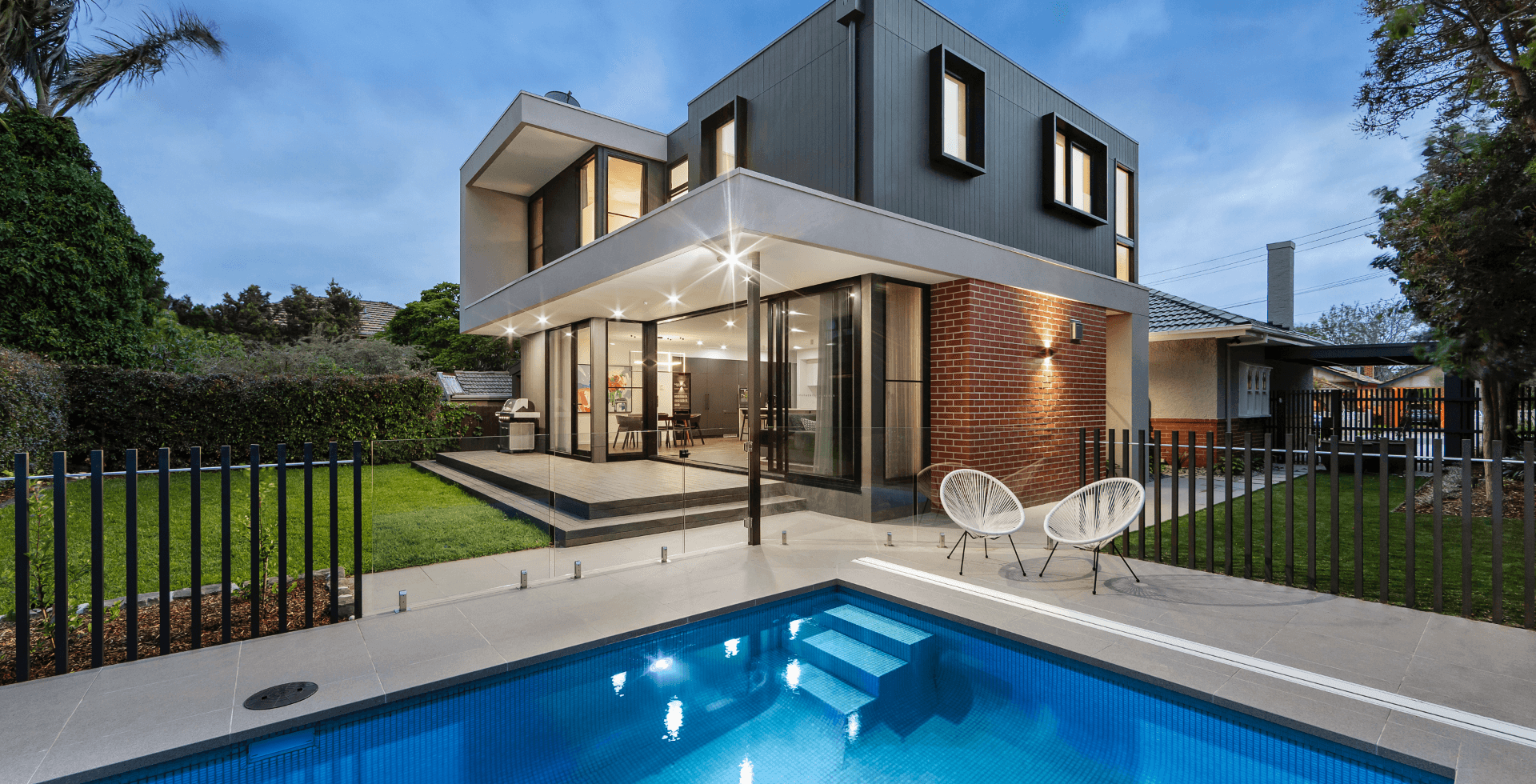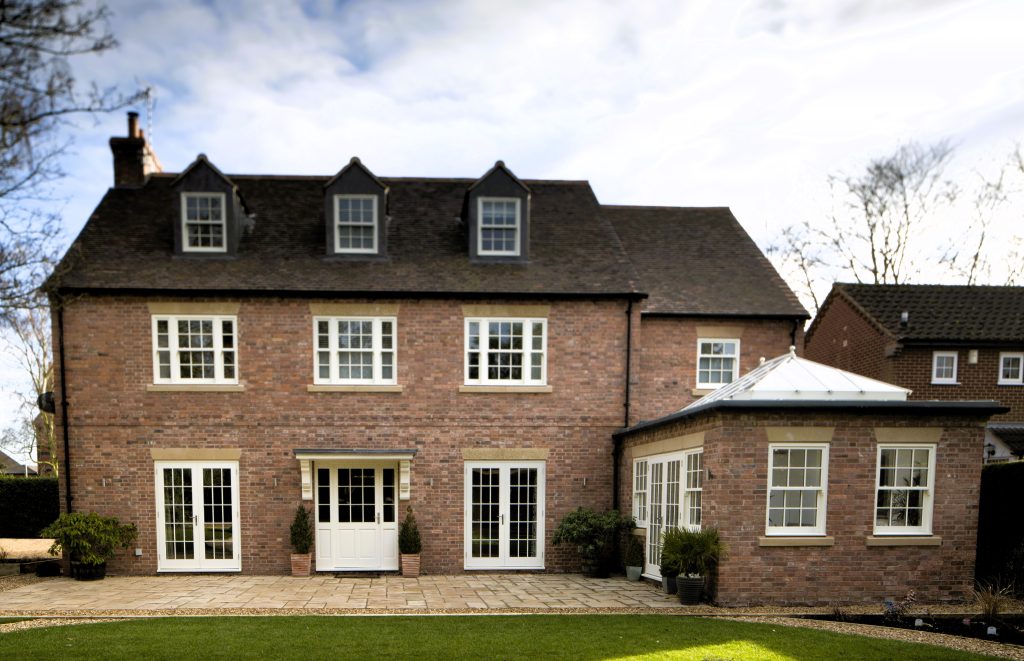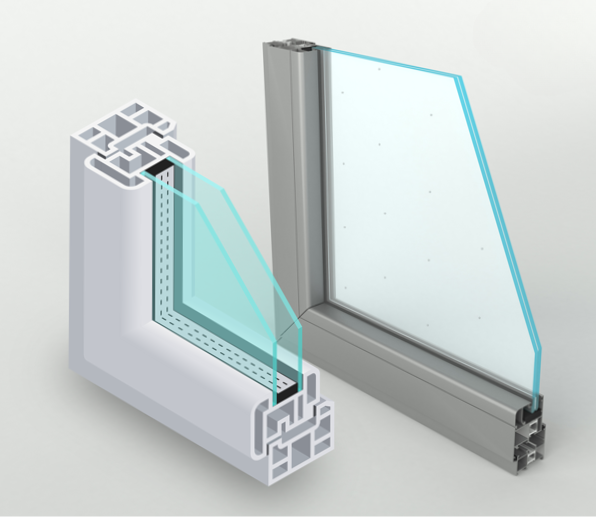Honest local home improvement & commercial glazing advice in Devon
Dedicated to delivering a quality and level service that exceeds all expectation time and time again, from initial enquiry to aftercare, we want you to know that we’re with you throughout the entire process. With over 40 years’ worth of localised knowledge and expertise to share, from the differences between modern window and door materials to understanding how to measure the efficiency of windows and doors, we have gathered our most frequently asked questions and queries below.
Can’t find what you’re looking for? Give our team of glazing experts a call on 01803 866955 or contact us online and we will do all we can to accommodate your needs
Which is better, composite or uPVC?
uPVC and composite window and door products are both renowned for their high performance qualities, however composite construction materials perform somewhat better. As good looking as they are practical, our composite doors are 10% thicker than most and our composite window collection utilises innovative bonding techniques for extra security and efficiency. Impressively almost doubling the lifespan of uPVC windows, composite windows can also last 50-60 years with the right maintenance.
That said, our high quality uPVC windows and doors are perfect for budget-friendly replacements that refuse to compromise on present day efficiency, security, and style.
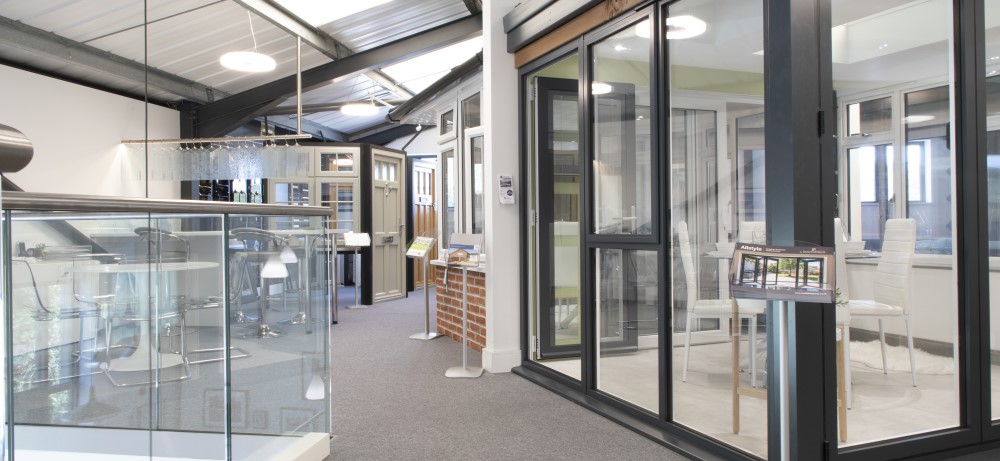
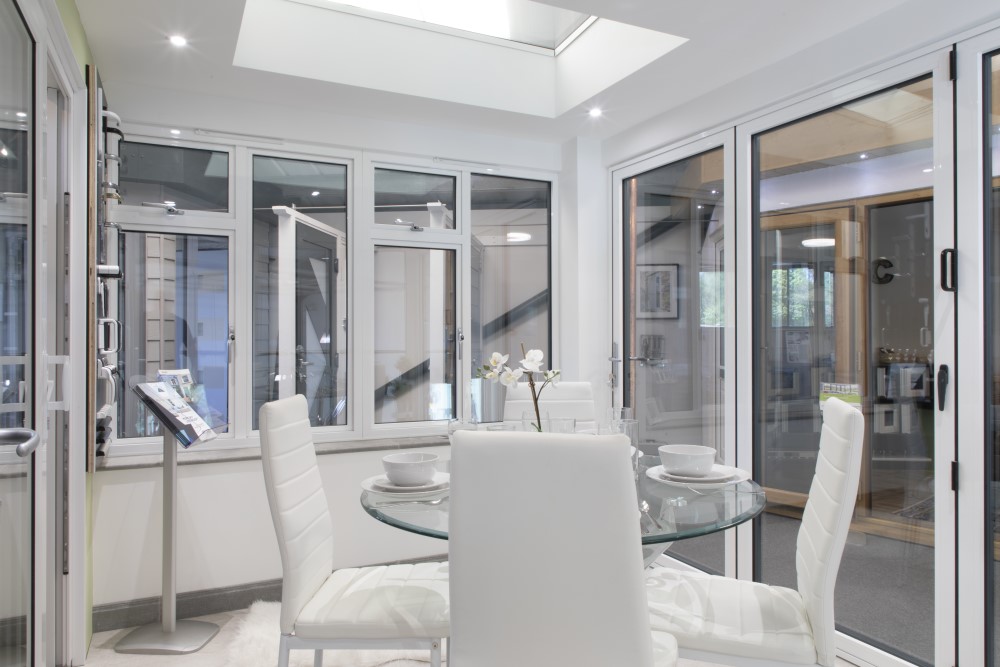
Aluminium vs uPVC - what's the difference?
uPVC and aluminium renovation products both offer exceptional thermal performance, but that’s where the similarities end. uPVC is typically chosen as a budget-friendly refurbishment option, whilst aluminium is much slimmer, making it ideal for minimalist architectural designs that need contemporary ‘less frame, more glass’ aesthetics. Aluminium is also lightweight and flexible yet very robust, creating the most unique window and door shapes with ease and finesse.
How do you measure the efficiency of windows and doors?
The best window and door products display multi-coloured energy rating labels, similar to those found on electrical household appliances like fridges and washing machines. Window Energy Ratings (WER) are rated on a scale from A++ to E and Door Energy Ratings (DER) are rated from A-G.
Using a letter and associated colour band, the products rating is listed at the top of the label; A++ being the most efficient. Below this is the Energy Index, which takes into account the products solar heat gain (G-value), thermal transmittance (U-value) and air leakage (L-factor); the lower the U-value, the more efficient the material is.
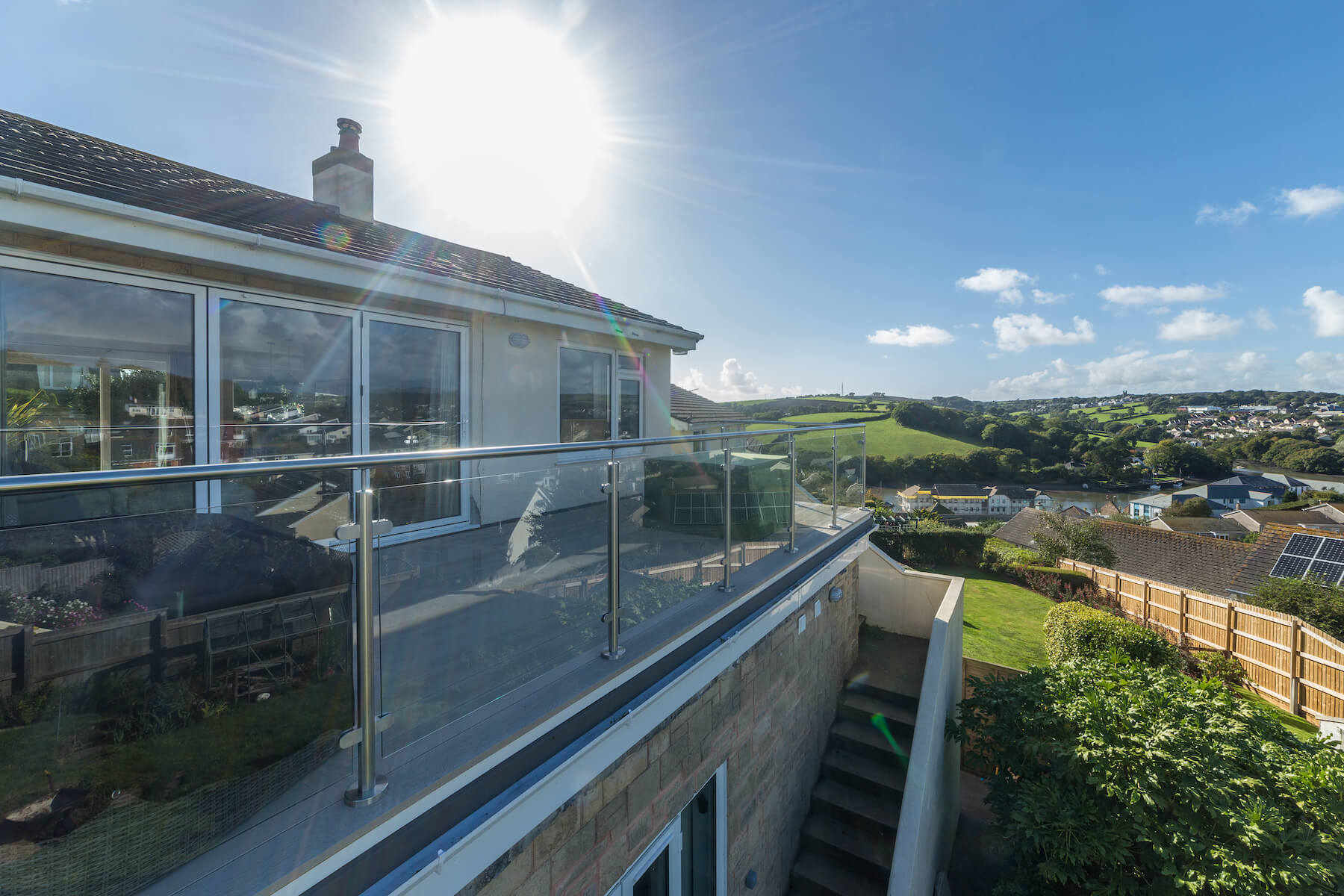
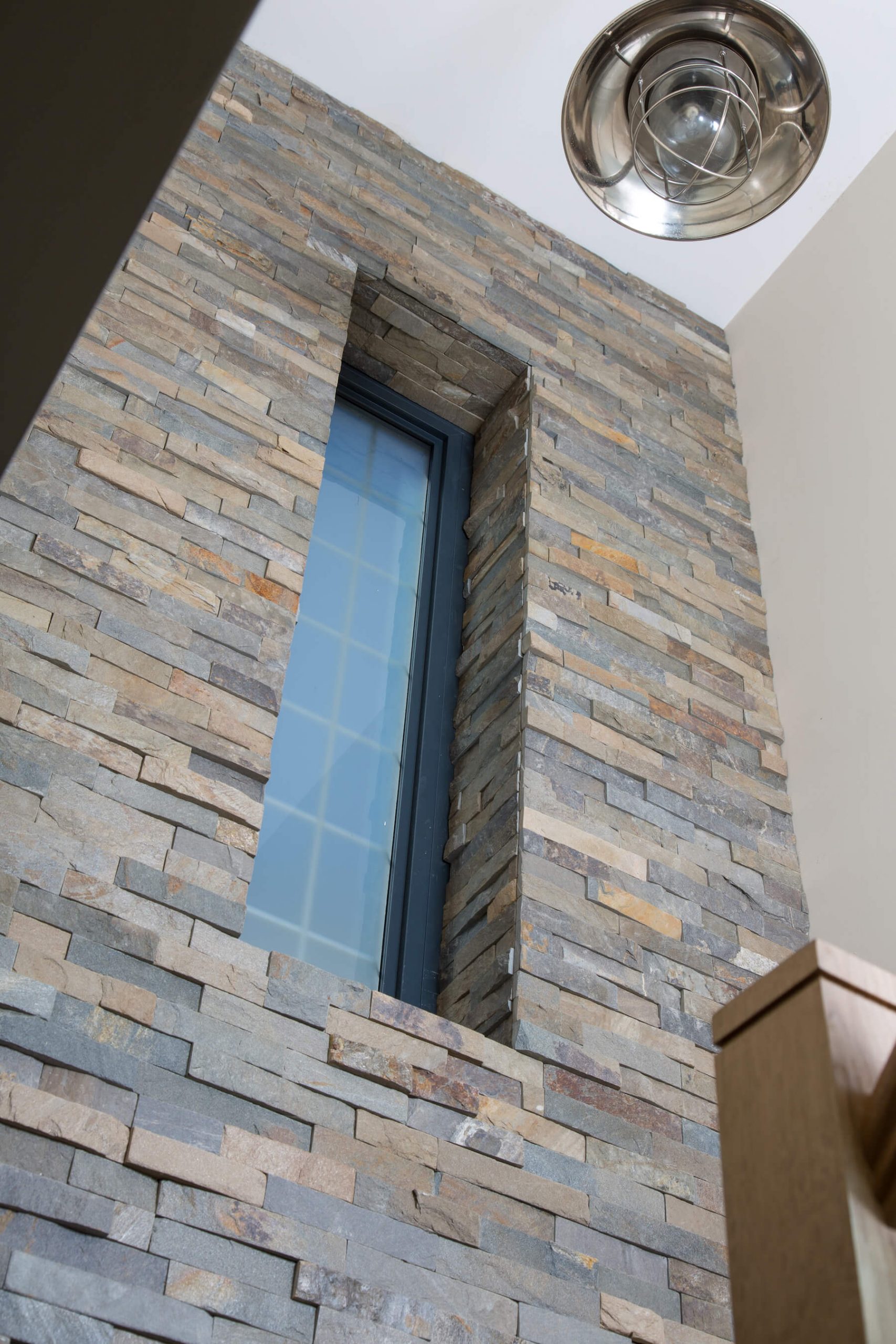
What is the minimum U-value for a window?
UK Building Regulations require all new or replacement windows must have a minimum Window Energy Rating of C or a U-value of 1.6Wm2K or lower.
*Correct at time of publishing. February 2021.

What is the minimum U-value for a door?
UK Building Regulations require all new or replacement doors must have a minimum Door Energy Rating of E or a U-value of 1.8Wm2K or lower. This is likely to change in the next few years, so to prepare for the future it’s advisable to look for a door with a U-value of 1.6Wm2K or lower.
*Correct at time of publishing. February 2021.

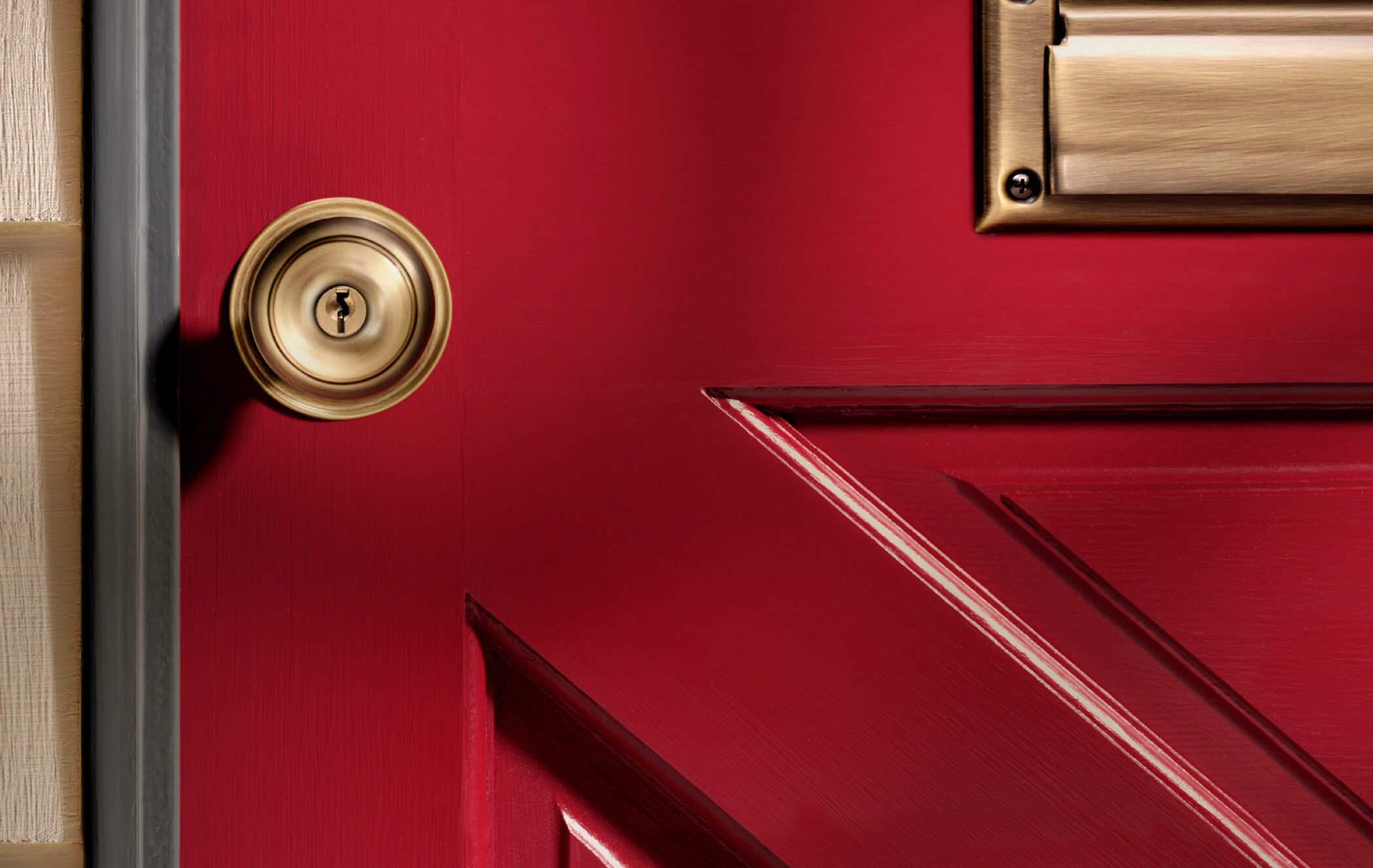
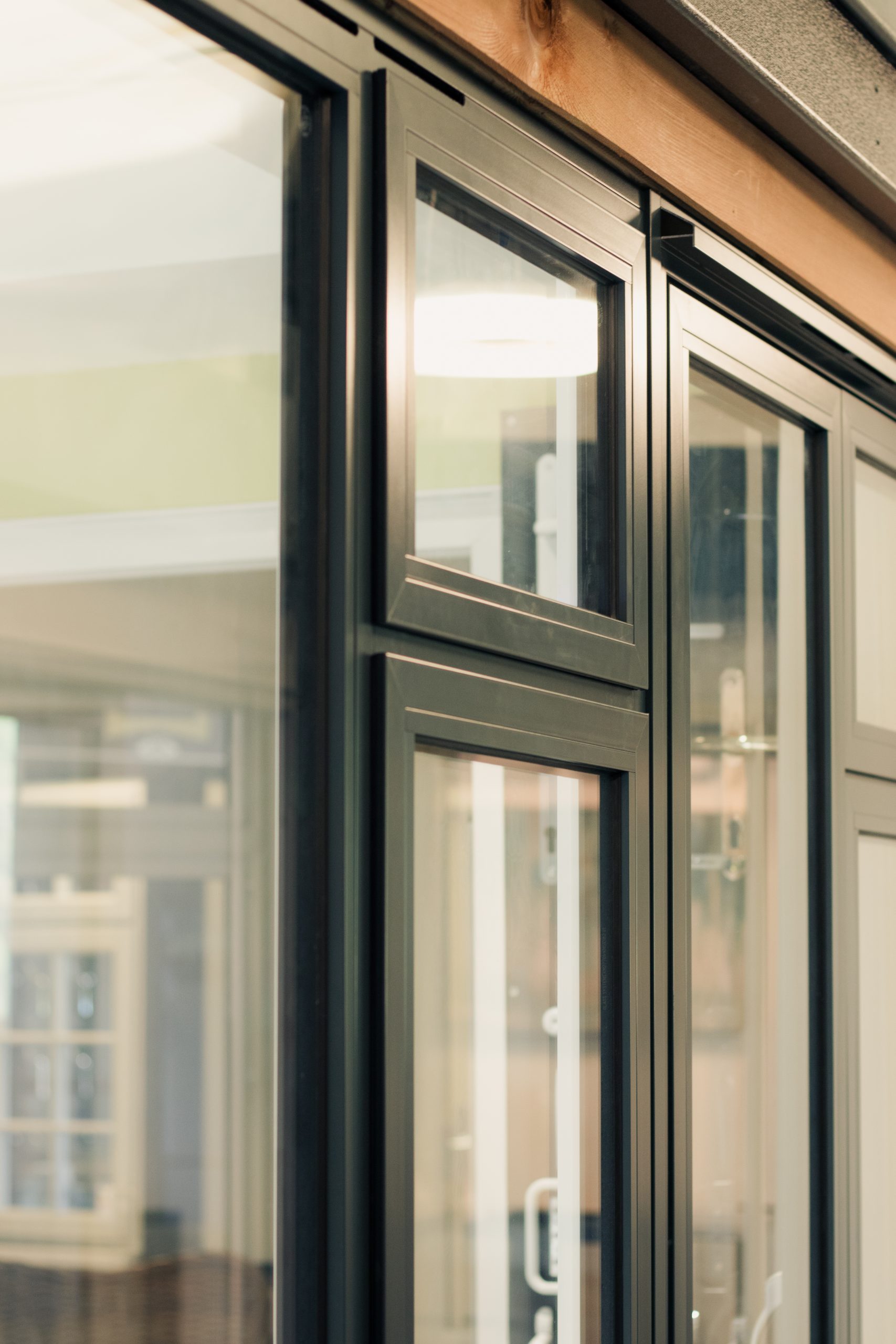
How to maintain your windows
Once installed, your uPVC or aluminium windows could last between 25 and 45 years. However, reaching this milestone will require the occasional bit of maintenance.
Many suppliers will tell you that the only maintenance required is the odd clean with warm soapy water. While this is important, you may also have to navigate:
- Lubrication
- Friction stay adjustment
- General repairs
- Condensation issues
- Broken or imperfect glass
Advice for all of these issues can be found in our free downloadable guide.
Maintenance InformationDo you have any accreditations?
Yes! As approved FENSA installers, you have complete peace of mind that we meet the minimum standards of quality and compliance to install replacement external uPVC windows, doors, roof windows and roof lights in England and Wales.
As an ISO 9001 certified organisation, we also have an effective Quality Management System in place. This demonstrates that our products are compliant and that we have quality policies and objectives in place.
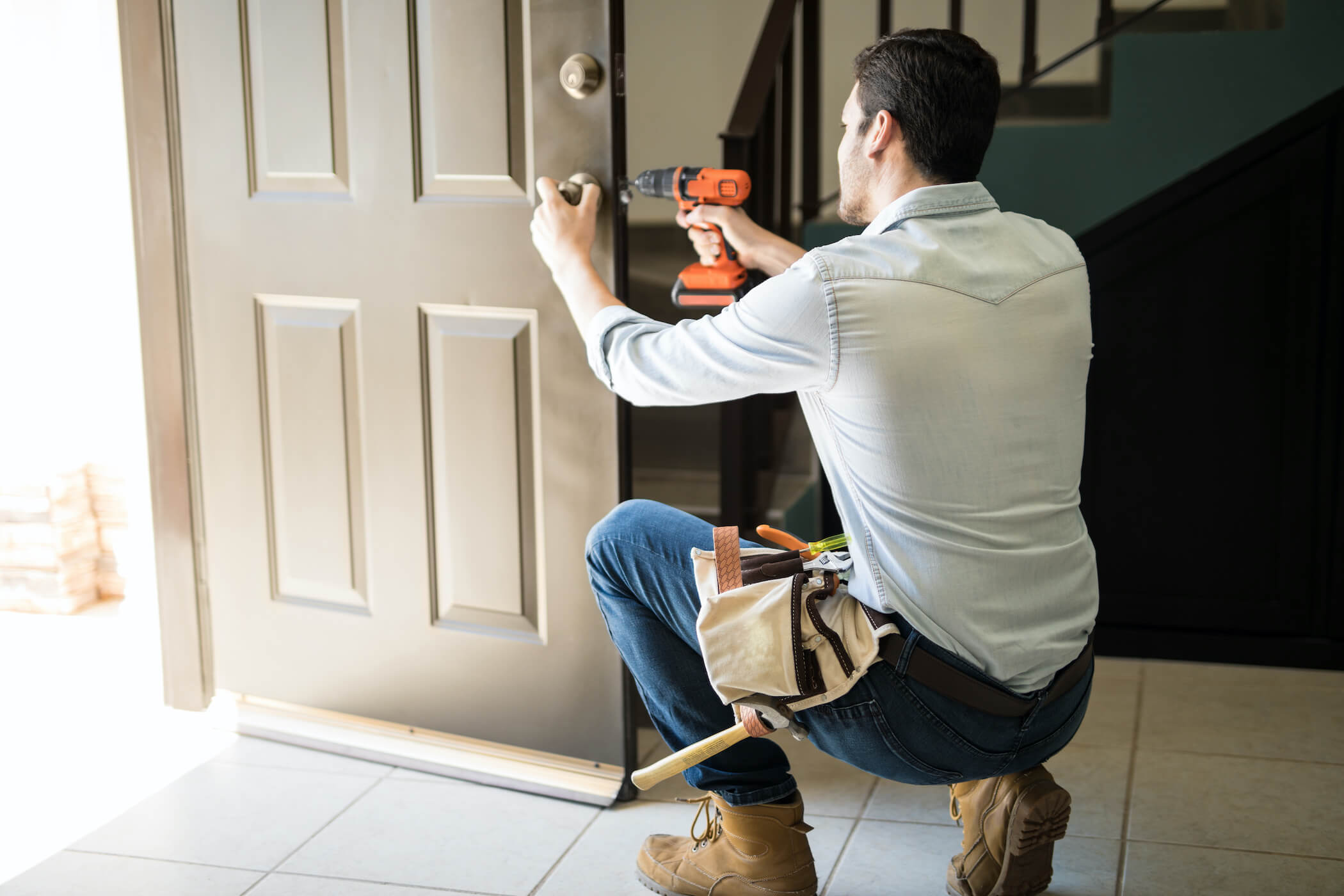

Do you have a showroom I can visit?
Yes! Based at Babbage Road in Totnes, experience the quality for yourself in cordial and comfortable surroundings.
Book an Appointment